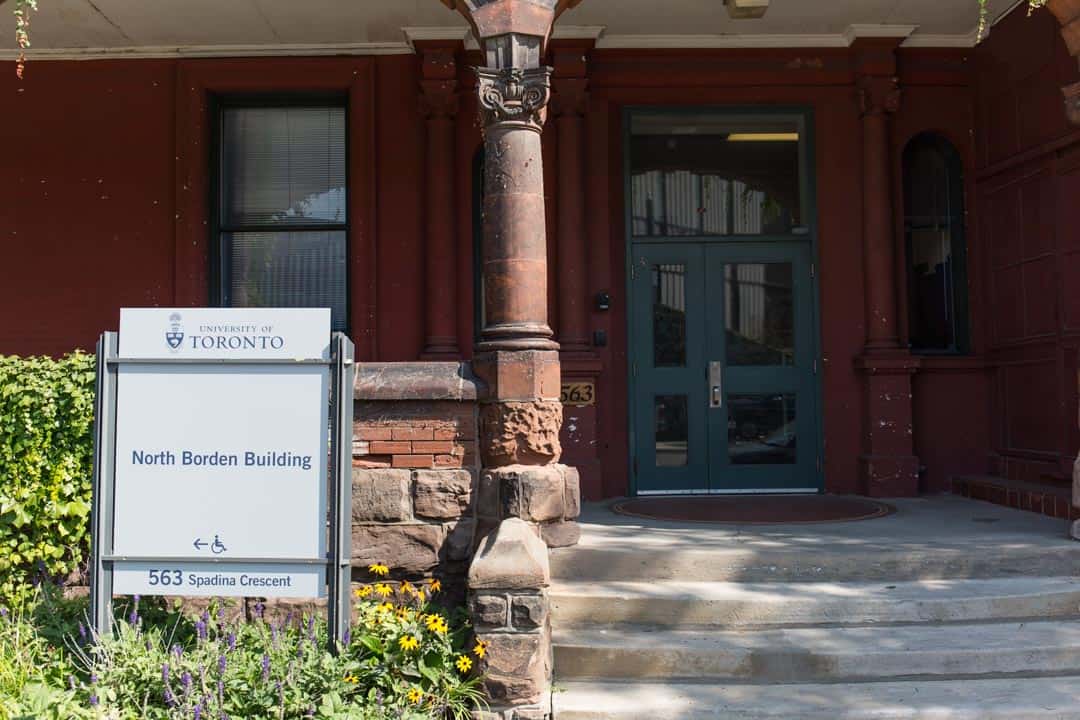A recent movement has been started by an unidentified group to defund the Ontario Public Interest Research Group (OPIRG) at U of T. The annual levy the OPIRG receives from undergraduate students at UTSG stands at $0.50 per student per year.
OPIRG is a province-wide network of campus groups that, according to the OPIRG-Toronto’s website, share a mandate “for action, education, and research on environmental and social justice issues.” There are currently 10 other university campuses in Ontario that have an OPIRG chapter.
Like in most other campuses, OPIRG is a service group at the University of Toronto. Daman Singh, the Vice-President Internal at the University of Toronto Students’ Union (UTSU), describes a service group as “a campus group that receives a levy from all or most of the UTSU membership.”
Singh also detailed that “the service group levies are collected by the university and transferred to the UTSU. The UTSU then transfers the money to the service groups.”
Students can opt-out by filling an online form on the UTSU website or by directly visiting OPIRG’s office.
Singh has acknowledged that there is a group that is looking to defund the OPIRG, although he was unable to comment further.
This is not the first time that OPIRG-Toronto has been targeted by anti-OPIRG movements. In 2012, the University of Toronto Graduate Students’ Union (UTGSU) held a meeting where a failed motion to revisit the Memorandum of Agreement between the UTGSU and OPIRG, specifically to discuss matters of defunding, was debated. Calls to defund OPIRG are not new on Ontario campuses; the group has faced criticism for radical left-wing views in the past, and for supporting the Communist Student Research Group and Students Against Israeli Apartheid.
In 2013, OPIRG was listed as a supporter of the controversial Israeli Apartheid Week, causing students at Ryerson University to voice criticism of the group.
In the same year, the OPIRG chapter at Queen’s University lost their opt-out student proposal fee, which eliminated levies from students that are a part of the Alma Mater Society, which is the student government of Queen’s University. Students at Concordia University also voted for an online opt-out form, allowing students to easily choose to opt-out of OPIRG levies; the form caused a roughly $30,000 drop in OPIRG-Concordia’s annual budget. Moreover, many students at Trent University and the University of Guelph started anti-OPIRG movements.
When asked about the recent anti-OPIRG movement and their allegations, Souzan Mirza, a board member of OPIRG-Toronto, and Rachele Clemente, the Programming and Volunteer Coordinator, were unaware of both the movement and the allegations.
“These are actually kind of surprising allegations for us,” said Mirza. “We’ve been writing about op-outs for this week and we haven’t heard anyone really come out with those [allegations].”
Mirza continued by saying that “in terms of us being a self-serving organization, I don’t think that’s very true.” She discussed the OPIRG-Toronto’s upcoming event “dis-orientation week,” which will begin on September 18 and end on September 22, as an example of OPIRG giving back to the community. Mirza detailed that there will be “a full day of workshops and a social event at the end,” all of which will be “open to all people… in the community.”
Clemente added the OPIRG-Toronto’s TRACX Symposium, due to occur from September 30 to October 1, as another example of OPIRG-Toronto’s commitment to serving the community. The OPIRG-Toronto’s website describes the TRACX Symposium as a place “to build space for student and community research on social and environmental justice issues.”
“In 2016 alone, we facilitated a research project with seven students all of whom got credit for their work,” said Clemente, “We then had them present at our 2016 TRACX Symposium which had over 150 people come out, … most of whom [were] students.” For these reasons, Clemente mentioned how it was “very odd that these allegations [were] made” against OPIRG-Toronto.
In response to the unidentified group seeking to defund OPIRG-Toronto, Clemente said that “we welcome these folks to actually come in and speak with us. It feels a little bit of an extreme jump, … These are folks that we don’t know about [and] we are not sure why they are doing this. We’ve never met them.”
Editor’s Note (September 20): A previous version of this article incorrectly stated that OPIRG has a chapter at Ryerson.


